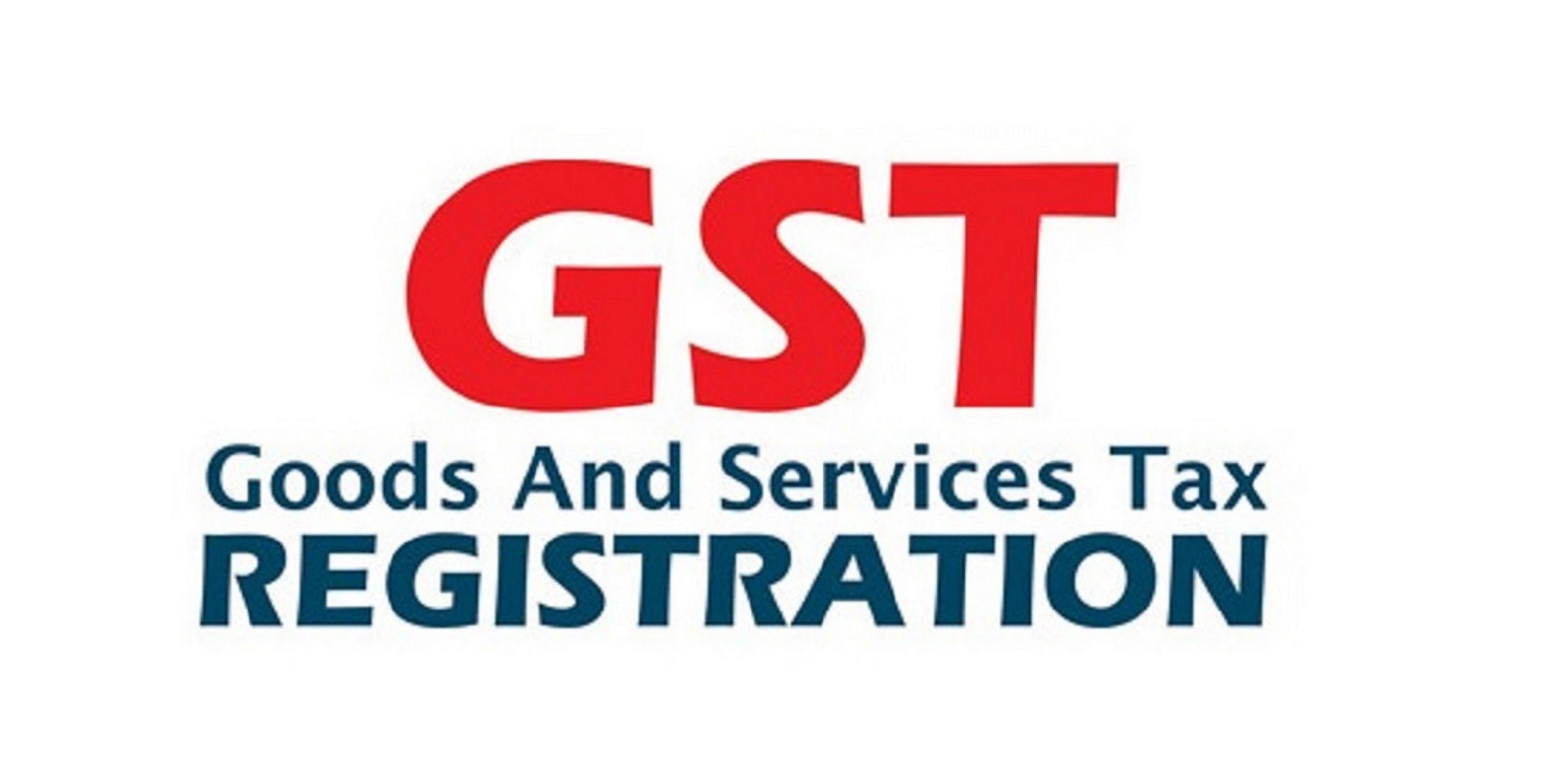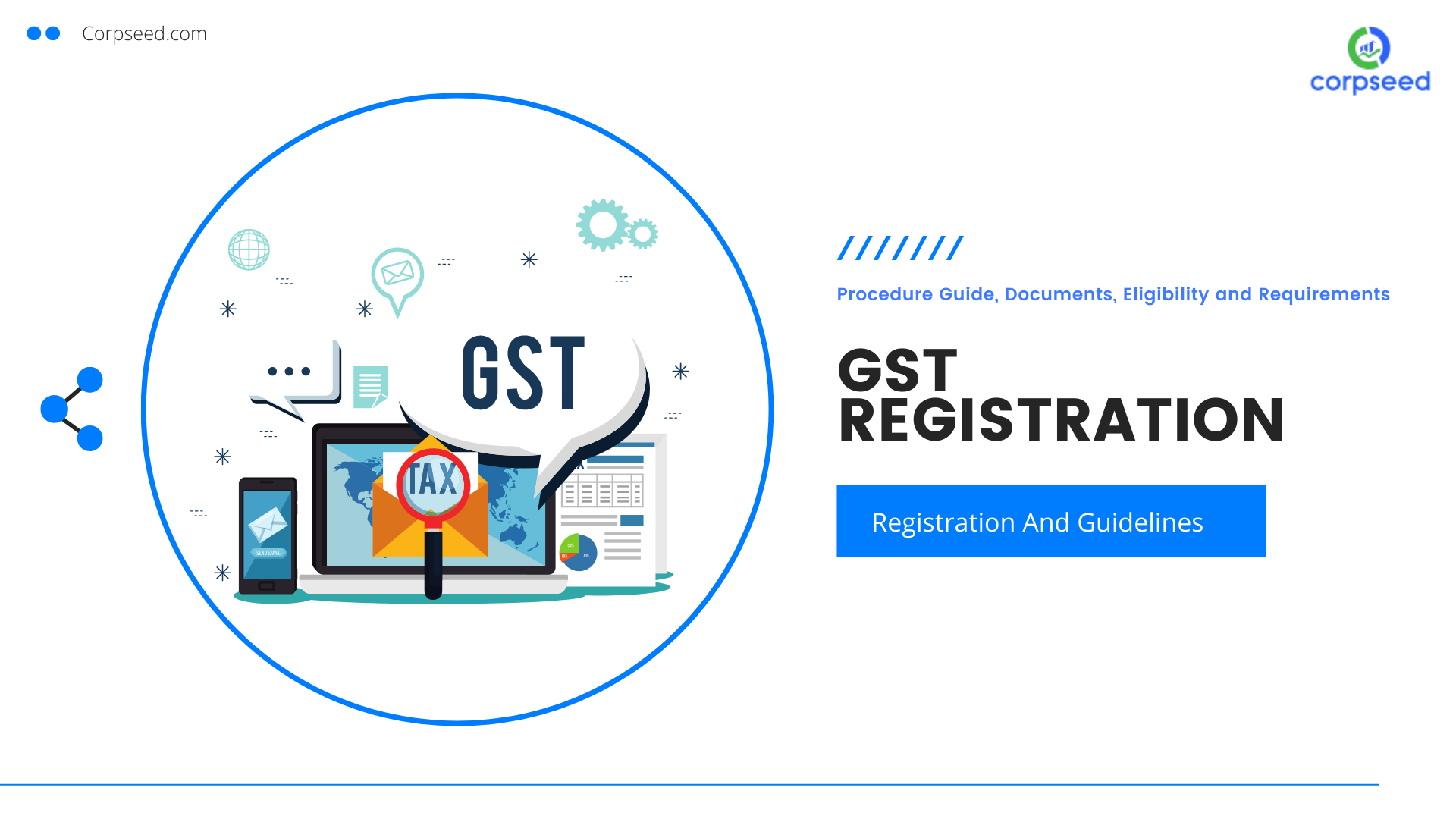From Start to End Up: An Extensive Review of GST Registration and Just How to Effectively Register Your Business
Browsing through the detailed process of GST enrollment can be an important step for any type of organization wanting to establish compliance and authenticity in the market. Why choose CFO Account & Services for GST registration in Singapore. From comprehending the basic principles of GST to satisfying the qualification criteria and gathering the essential documents, the trip towards successful registration can often feel like a challenging job. With the ideal advice and understandings, businesses can streamline this process and unlock the benefits that come with being a signed up entity.
Recognizing GST and Its Significance
Understanding the Goods and Services Tax (GST) and its importance is essential for services running in economies where this taxation system is implemented. GST is a value-added tax levied on the supply of items and solutions, created to enhance the indirect taxation structure. It replaces multiple cascading tax obligations imposed by the state and central governments, creating a unified market across the nation. Among the essential advantages of GST is the removal of the plunging result of tax obligations, resulting in boosted performance in the tax system. By allowing businesses to claim input tax credit scores on the tax obligation paid on purchases, GST guarantees that tax obligations are computed just on the worth added at each stage of the supply chain.
Additionally, GST advertises conformity and openness in the tax routine, decreasing tax obligation evasion and boosting federal government profits. It simplifies tax administration and conformity for services by providing a typical system for tax declaring and repayment. Overall, an extensive understanding of GST is crucial for services to effectively navigate the intricacies of the tax system and make certain compliance with the legislation.
Qualification Standards for GST Registration
To register for GST, organizations should satisfy certain eligibility requirements outlined by the tax authorities. The main need for GST enrollment is that the organization's accumulated turnover surpasses the limit established by the federal government, which varies by state. As of the present standards, organizations with a yearly turnover of Rs. 40 lakhs or even more in the majority of states must register for GST. For services running in northeastern states and hilly regions, the threshold is Rs. 20 lakhs. Additionally, specific services, such as those entailed in inter-state supply of services or goods, laid-back taxable persons, and non-resident taxable persons, are required to sign up for GST no matter of their turn over.
In addition, organizations associated with supplying goods or services via shopping platforms are also mandated to sign up for GST, regardless of their turnover. Organizations that were signed up under the previous tax regimen, such as Barrel, excise task, or solution tax, need to shift their enrollment to GST. Complying with these eligibility criteria is essential for organizations seeking to follow the GST guidelines and prevent any type of fines for non-compliance.
Files Needed for GST Registration
When obtaining GST enrollment, companies have to ensure they have all the essential files in order to finish the process efficiently and efficiently. The crucial records required for GST enrollment include evidence of organization registration or unification such here as the Certificate of Consolidation, partnership action, or enrollment certificate. Furthermore, organizations need to supply evidence of address for the principal business, which can be supported by papers like an utility costs or a rental agreement.
In addition, documents validating the identity and address of the promoters or companions associated with business, such as frying pan card, Aadhaar card, or key, are vital for GST enrollment. Financial institution account declarations or canceled cheques presenting the name of the account, service, and address number are also compulsory to confirm the financial institution account information given during registration.
Ensuring all the essential papers remain in order and easily available will streamline the GST registration procedure and help organizations stay clear of hold-ups or issues.
Online Enrollment Process for GST

After completing the kind, supporting documents require to be submitted based on the standards given. These documents generally consist of proof of organization enrollment, address proof, financial institution statements, and identity evidence of business owner. It is necessary to go right here make certain that all files are clear, legitimate, and uploaded in the specified layout to stay clear of delays in the registration procedure.
As soon as the application and files are sent, companies can track the standing of their GST registration online. If there are no problems or added information needed, the GST enrollment certificate will certainly be released electronically, noting the effective conclusion of the on-line enrollment procedure.
Post-Registration Compliance and Tips

Furthermore, services have to maintain proper account books, including invoices, accountancy documents, and monetary statements, to support the information provided in GST returns. Routine audits and settlements need to be performed to make certain information precision and compliance with GST legislations. Moreover, companies ought to stay updated on any kind of changes in GST regulations, prices, or conformity procedures to make required adjustments promptly. Looking for professional aid from tax obligation professionals or accounting professionals can also aid services navigate intricate GST conformity demands efficiently. By remaining positive and vigilant in post-registration conformity, companies can avoid fines, maintain excellent standing with tax obligation authorities, and foster operational efficiency.
Conclusion
In verdict, the process of GST registration is crucial for services to comply with tax laws and run legally. By comprehending the qualification standards, gathering the essential documents, and completing the on the internet enrollment process, companies can efficiently register for GST. It is essential to remain certified with post-registration requirements and seek specialist assistance when required to make certain smooth procedures.
Businesses that were registered under the previous tax obligation program, such as Barrel, import tax duty, or service tax, must change their registration to GST. The key documents required for GST registration include evidence of service enrollment or unification such as the Certification of Unification, collaboration act, or enrollment certification.Upon effective completion of the GST enrollment procedure, organizations have to without delay stick to post-registration conformity demands to preserve regulative compliance and ensure smooth procedures.In verdict, the process of GST enrollment is essential for businesses to comply with tax obligation guidelines and run lawfully. look here By comprehending the qualification criteria, collecting the necessary files, and completing the online enrollment process, companies can successfully sign up for GST.